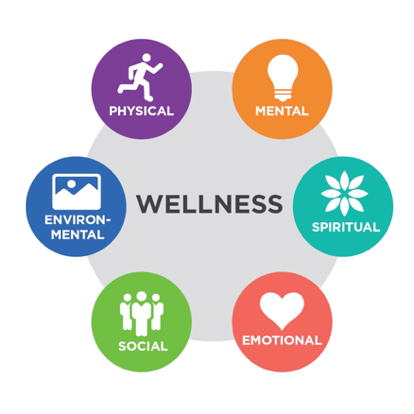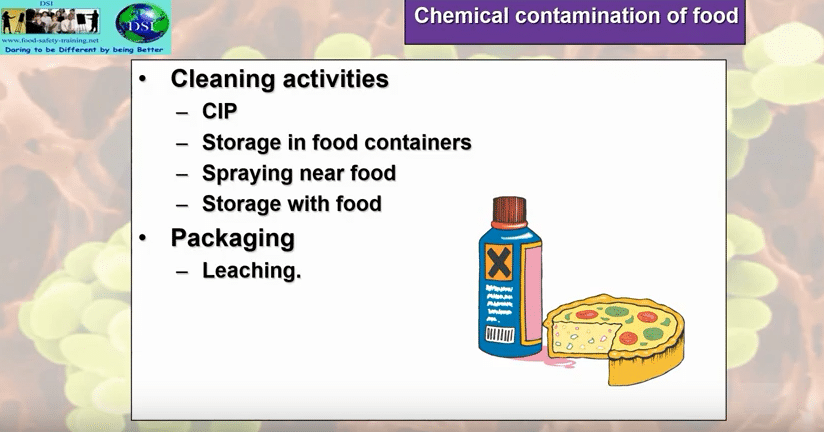Introduction to Health Science: Foundations, Pathways, and Practical Applications
Understanding Health Science: A Multidisciplinary Foundation
Health science is an expansive, multidisciplinary field dedicated to understanding, improving, and sustaining human health through scientific principles and evidence-based practice. It draws from biological, physical, behavioral, and social sciences to address the complex factors that impact individual and community well-being. Health science professionals are at the forefront of disease prevention, healthcare innovation, public health advancement, and the promotion of healthy lifestyles. Whether you’re interested in direct patient care, healthcare administration, research, or health education, health science provides a comprehensive foundation for a wide variety of rewarding career paths. [1] [2]

Source: aeseducation.com
Core Components and Disciplines in Health Science
At its core, an introduction to health science covers essential sciences such as biology, chemistry, anatomy, physiology, and psychology. These foundational subjects are critical for understanding how the human body functions, how diseases develop, and how various treatments can be applied. Health science also encompasses social sciences-such as sociology and public health-to examine how cultural, economic, and behavioral factors affect health outcomes. [3] This holistic, interdisciplinary approach ensures students gain a comprehensive understanding that prepares them for the challenges of modern healthcare.
Key areas within health science include:
- Biological Sciences – Study of life processes, genetics, microbiology, and human anatomy.
- Clinical Sciences – Application of medical knowledge in diagnostics, treatment, and patient care.
- Behavioral and Social Sciences – Exploration of psychological, social, and cultural influences on health.
- Health Policy and Administration – Focus on healthcare systems, management, and policy development.
- Public Health – Emphasis on population health, disease prevention, and health promotion initiatives. [2]
What to Expect in an Intro to Health Science Course
An introductory health science course provides a broad overview of the field, equipping students with the basic sciences and critical thinking skills needed to address complex health problems. Coursework typically includes basic human biology, principles of health and wellness, ethical issues in healthcare, health systems, and an introduction to the vast career opportunities available. [4] Students may also learn about healthcare technology, information management, and emerging trends in medicine and public health.
Practical components often involve case studies, group projects, and opportunities to analyze current events in healthcare. These experiences help students apply theoretical knowledge to real-world scenarios, fostering problem-solving skills and an understanding of the diverse factors that influence health outcomes.
Career Pathways and Opportunities
Health science serves as a gateway to numerous career paths in both clinical and non-clinical settings. Graduates may pursue roles such as:
- Registered Nurse or Clinical Technician
- Healthcare Administrator or Health Information Manager
- Public Health Educator or Health Policy Analyst
- Medical Researcher or Laboratory Scientist
- Allied Health Professional (e.g., Physical Therapist, Occupational Therapist)
Some positions require additional education or certification, such as a bachelor’s or master’s degree in a specialized discipline, clinical training, or professional licensing. Introductory health science courses are often the first step toward these advanced pathways, providing foundational knowledge that is relevant across the healthcare sector. [3]
How to Access Health Science Educational Programs
Many educational institutions offer health science programs at the high school, community college, and university levels. To get started, you can:
- Research accredited community colleges and universities in your area that offer introductory health science courses. Most institutions provide detailed program information and application instructions on their official websites.
- Contact the admissions office at your school of interest. Advisors can guide you on prerequisites, course sequences, and transfer options.
- Explore online learning options. Some universities and colleges offer introductory health science courses online, providing flexibility for working students or those with family commitments.
For the most up-to-date information, visit the official website of your preferred college or university and search for “Health Science Program” or “Introduction to Health Science.” Each institution will have specific requirements and application processes.
Real-World Applications and Case Studies
Health science is constantly evolving in response to new research, emerging diseases, and technological advancements. For example, during the COVID-19 pandemic, health science professionals played a critical role in developing diagnostics, coordinating public health responses, and educating communities about disease prevention. This real-world impact demonstrates how foundational knowledge in health science can translate into meaningful, tangible outcomes for individuals and society. [1]
Case studies are used throughout health science education to bridge theoretical concepts with practice. By examining scenarios such as community health interventions, hospital administration challenges, or ethical dilemmas in patient care, students gain practical skills and learn to navigate the complexities of the modern healthcare landscape.
Overcoming Challenges in Health Science Education
While the health science field offers tremendous opportunities, students may encounter challenges such as rigorous coursework, balancing theory with practice, and navigating diverse health systems. To succeed, consider these strategies:
- Seek academic support. Tutors, study groups, and faculty advisors can help clarify challenging concepts and improve study skills.
- Engage in hands-on learning. Laboratory work, internships, and volunteer opportunities can reinforce classroom learning and build real-world experience.
- Stay informed about new developments. Regularly read reputable health science journals, attend seminars, and participate in workshops to keep your knowledge current.
Many colleges and universities provide student support services, including counseling, academic advising, and career guidance. Contact your institution’s student services department for more information on available resources.

Source: aeseducation.com
Alternative and Complementary Approaches
Health science is not limited to traditional Western medicine. Many programs encourage exploration of alternative and complementary approaches, such as integrative health, nutrition, wellness coaching, and community health initiatives. By broadening your perspective, you can tailor your educational journey to align with your interests and career goals.
Some students may also choose to pursue interdisciplinary studies that combine health science with business, technology, or education, opening doors to emerging fields such as health informatics, telemedicine, or healthcare management. [2]
Key Takeaways and Next Steps
Introduction to health science lays the groundwork for a dynamic, impactful career dedicated to advancing human health and well-being. By mastering foundational sciences, exploring interdisciplinary connections, and developing practical skills, you can position yourself for success in a rapidly growing industry. Whether your goal is direct patient care, medical research, health administration, or public health advocacy, the field of health science offers a pathway to make a meaningful difference.
To take the next step:
- Identify accredited institutions offering health science programs in your region.
- Connect with academic advisors to discuss prerequisites and career options.
- Explore online and hybrid course offerings to fit your schedule.
- Consider volunteering or shadowing in healthcare settings to gain firsthand experience.
For more information, visit the official websites of local colleges, community colleges, or universities and search for “Introduction to Health Science.” If you need additional support, most institutions offer informational sessions or can connect you with current students or faculty for guidance.
References
- [1] Western Governors University (2024). What Is Health Science?
- [2] American Public University System (2025). What is Health Science? A Comprehensive Overview.
- [3] Texarkana College (2022). What is Health Science? Exploring Health Science Training & Careers.
- [4] Swinburne University. Introduction to Health Sciences.
MORE FROM eboxgo.com













